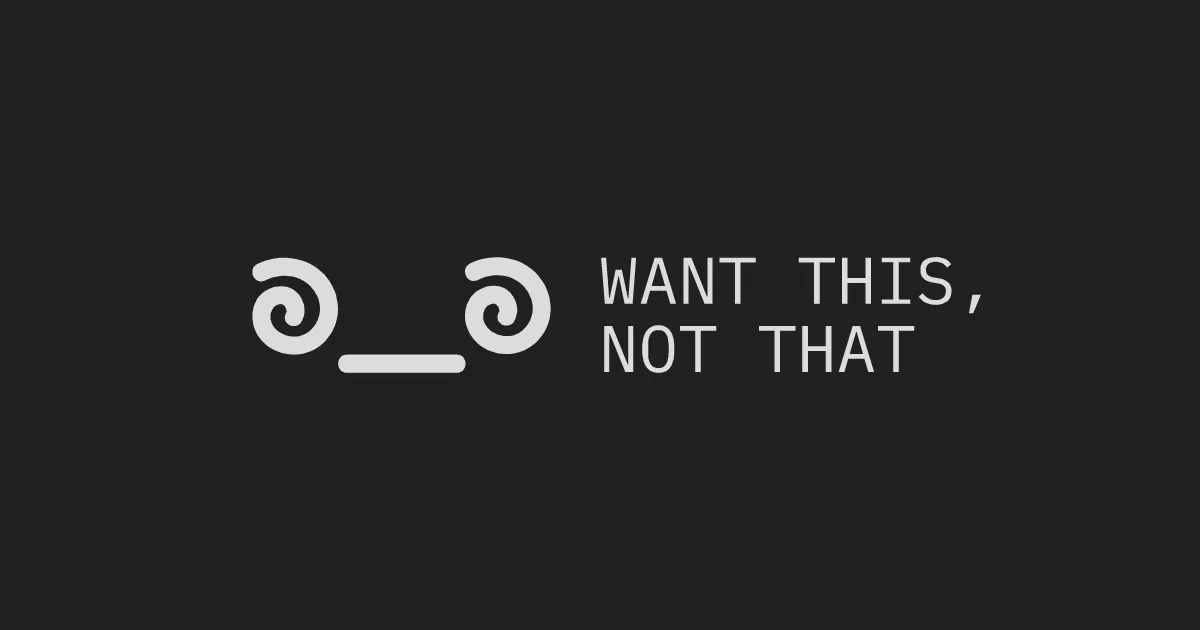Quit Pleasing the Machine

You watch a three-year-old at a playground, who leaps from one thing to another with the kind of conviction most adults save for their tax returns. Something in your chest tightens in recognition. Here’s a human who hasn’t learned to perform happiness, who doesn’t apologise for wanting things, who dissolves into giggles without checking if anyone’s watching. The machine hasn’t gotten to them yet. Give it time.
Everyone talks about freedom like it’s a political condition policymakers grant or withhold, or a lifestyle upgrade you can buy. But freedom isn’t something you petition for or purchase. It’s something you stop refusing yourself. The question isn’t whether you live in a free country — it’s whether you’re free to be who you actually are.
You can blame everything external for your imprisonment: the economy, the government, your parents, your circumstances. They’re all perfectly evident reasons. But the real prison is subtler than you’d like to believe. It’s the suitcase you carry everywhere — packed with stories about who you’re supposed to be, how to earn your place in the world, how to be acceptable, productive, and safe.
The suitcase is heavy because it contains every agreement you’ve made about what makes you valuable. Every story about what responsible adults do. Every script about how to earn love by becoming what others need you to be. You’ve been hauling this thing around so long you mistake its weight for your worth.
The consumer in you feeds on this heaviness. It needs the suitcase to stay packed because an empty suitcase means you might discover you don’t actually need most of what you’ve been chasing.
The consumer thrives on the gap between who you are and who you think you should be. It’s a space designed to be filled with products, programs, and performances.
What the machine doesn’t want you to notice is that you were unreasonable once. Not reckless or irresponsible — unreasonable. Immune to the logic that says your worth is contingent on meeting market expectations. You lived from your interior, not from the script.
The machine fed you these programs early. Your parents were running similar software, and their parents before them. Each generation handed down a blueprint: smile when you’re angry, work when you’re tired, hide when you’re too much.
The unreasonable self doesn’t disappear when you become an adult. It just gets buried under layers of shoulds. It shows up when you’re alone with pen and paper, when you catch yourself humming while doing dishes, when you laugh so hard you snort and don’t immediately apologise. It surfaces when you’re singing in the car or having sex. Those moments when you stop being a careful curator of your own life and simply live it. Those moments that feel stolen because they are.
The machine has no use for them, and it loves your compliance. It needs you docile, distracted, desperate enough to keep buying what it’s selling — schooling so you can become employable, productivity hacks and self-improvement courses so you can perform better than others, meritocracy so you’ll feel excited instead of ashamed, and the promise that if you just wait long enough and work hard enough, you’ll finally earn permission to be free.
The machine has convinced you that meaning comes from following the right scripts: do these steps, think these thoughts, want these things, and you’ll arrive at a life worth living. But meaning isn’t something you find or follow — it’s something you make. And making meaning requires the audacity to trust your own interior compass over the directions handed down to you.
Going off-script doesn’t mean living without structure or care. It isn’t about becoming selfish or abandoning responsibility either. The difference between true responsibility and program-following is simple. True responsibility emerges from your actual values and circumstances. Program-following emerges from fear of what happens if you don’t comply.
The machine wants you to believe that adults can’t afford to be unreasonable. But look around at what reasonable has built: depression rates, anxiety epidemics, wars, inequalities, a profound sense of meaninglessness that haunts even the most successful among us. Reasonable is what got us here.
Ask yourself:
- How much of your daily routine is performance, and how much is real choice?
- Where are you still negotiating with systems that never cared for you?
- What’s the heaviest thing in your suitcase, and what would happen if you removed it?
The suitcase will always feel necessary until you set it down and see how much more mobile and capable you are without it.
Freedom isn’t something you earn through money or achievements, or through therapy, meditation, and personal development. It’s something you stop giving away — every time you choose the safe response over the true one, every time you shrink to make others comfortable, every time you perform productivity instead of doing the work that calls you.
The machine promises you’ll be happy once you finally become who you’re supposed to be.
It will always have another program to sell you — until you stop buying the premise that you need to be fixed, improved, or optimised.
You don’t need permission to quit pleasing it.
It isn’t a one-time rebellion but a daily practice of remembering that the unreasonable life isn’t reckless.
It’s honest.
It’s the refusal to live inside someone else’s definition of success, to measure yourself against others. It’s meaning-making instead of consumptive searching, autonomy instead of approval, presence instead of performance, belonging instead of fitting in, mastery instead of compliance.